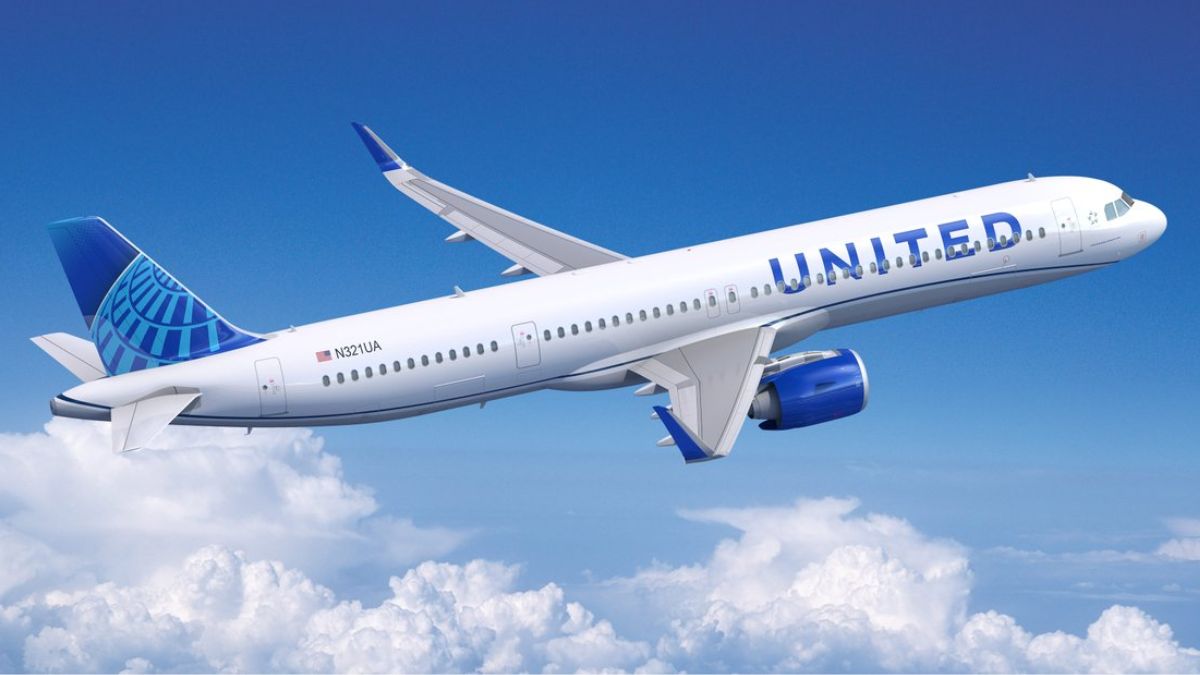 Image Credits - deepnewz
Image Credits - deepnewz
Advertisement
United Airlines is gearing up to significantly enhance its in-flight Wi-Fi by partnering with SpaceX’s Starlink satellite internet. The airline announced it would begin installing Starlink’s high-speed Wi-Fi service on over 1,000 of its aircraft starting in early 2025, offering passengers free and fast internet access during their flights. This initiative will bring a massive improvement to in-flight internet, allowing travellers to stream content, make video calls, and perform other online tasks with the same ease as they would on the ground.
United CEO Scott Kirby highlighted the airline’s dedication to offering innovative services, stating, “Whatever you can do on the ground, you’ll soon be able to do aboard a United plane at 35,000 feet, virtually anywhere in the world.” This comes as a notable advancement, as current in-flight Wi-Fi options have been inconsistent and sluggish, relying on several providers like Intelsat, Panasonic, and Viasat for different aircraft models.
With Starlink’s capabilities, passengers will benefit from speeds over 100Mbps and low latency, which would revolutionize the in-flight experience. Starlink promises speeds of up to 220Mbps per plane, which has already shown significant results on real-world flights, as demonstrated by The Wall Street Journal’s test of a shared Starlink connection. United’s introduction of Starlink will likely challenge its competitors to upgrade their own in-flight Wi-Fi systems, with airlines like JSX and Hawaiian already utilizing Starlink’s services.
Additionally, several international airlines, including WestJet, Qatar Airways, and Air New Zealand, have announced plans to introduce Starlink Wi-Fi on their planes soon. WestJet plans to launch the service in December, while Air New Zealand is aiming for a 2025 rollout for its domestic fleet.
This announcement coincides with a broader conversation around satellite competition. Jessica Rosenworcel, chair of the Federal Communications Commission, highlighted the need for more competitors in the satellite space, with SpaceX currently controlling nearly two-thirds of all satellites in orbit. The push for broader competition in satellite technology was echoed this week when T-Mobile successfully tested an emergency alert via a Starlink satellite, as part of a broader partnership to develop satellite-to-smartphone services. Other telecommunications companies like AT&T and Verizon are also entering this space with similar satellite offerings.
